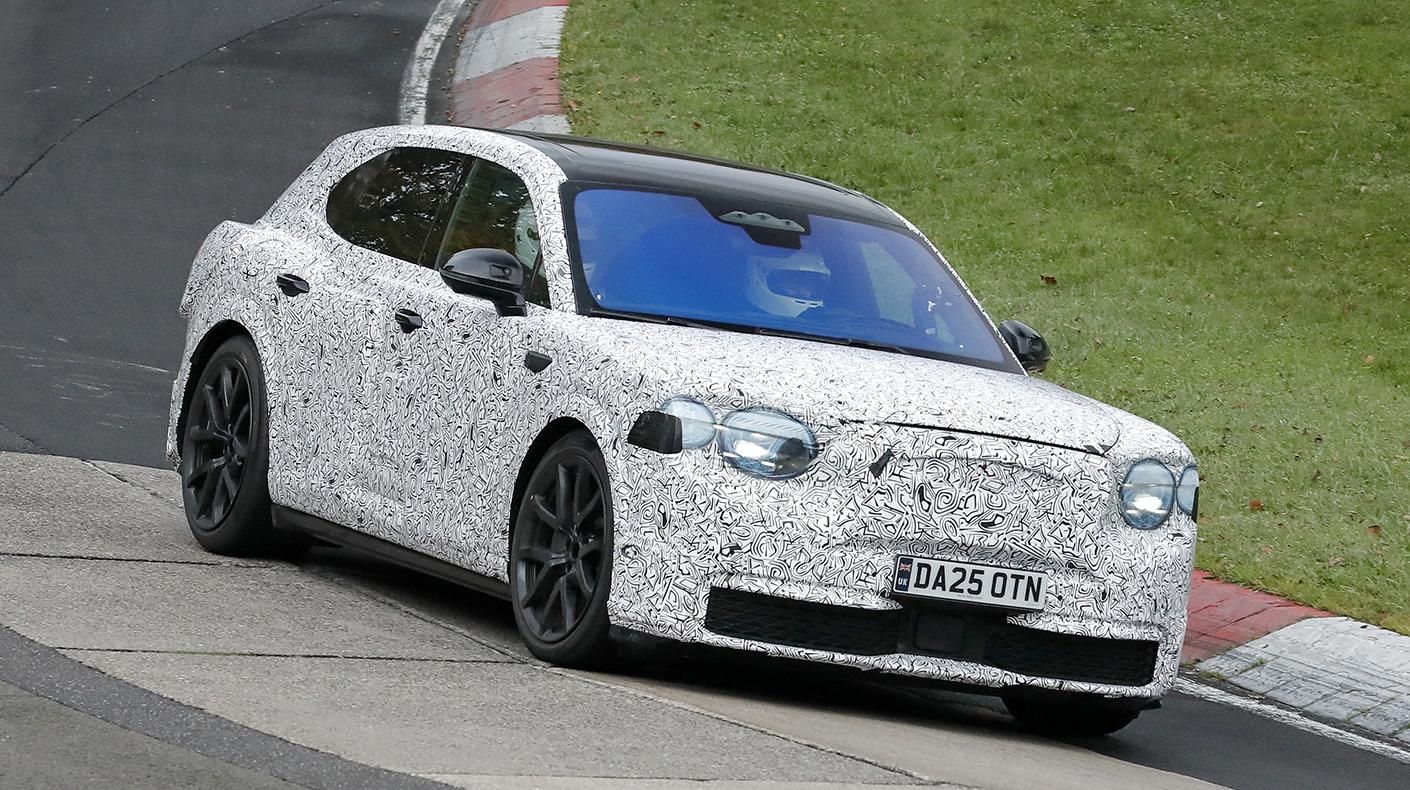
A recent survey of global senior automotive executives by accounting and consulting firm KPMG reveals conservative expectations for the industry’s growth in 2009.
Executives remain poised to curtail spending and lean their operations. They are still generally committed to alternative-fuel technologies, however. More precisely, the survey indicated that executives and product planners have a growing optimism for the consumer-lead demand for fuel-efficiency and alternative fuels.
Roughly nine out of 10 (91%) considered hybrid systems the “most important innovation in coming years.” Confidence in electric-propulsion systems also grew dramatically, up to 82% from 60% in 2007.
For the 10th consecutive year, KPMG has surveyed senior representatives at vehicle manufacturers and top-tier suppliers from around the world. The 2009 edition collected opinions from 200 executives and speaks volumes for the complexity and sensitivity of the challenges facing the automotive industry.
The previous survey issued a sense of optimism and momentum for 2008, but those expectations were dashed by a global economic meltdown.
On the whole, the general attitude for 2009 is more conservative. Companies expect lower revenues while maintaining a commitment to technological advancement and higher product quality, thus reducing profits. They also foresee additional bankruptcies and a series of lengthy efforts to restructure throughout the supply chain.
In Detroit, the conduct of automakers at the 2009 North American International Auto Show (NAIAS) marks changes impacting the specialty-equipment industry. Not only have some manufacturers decided to opt-out of press conferences, but some have foregone the show entirely.
Most cite financial reasons and budget cuts, but others admit they have little to announce. The vehicles and technologies represented by both the KPMG findings and what is on display at NAIAS, however, are important to the specialty-equipment industry.
Chevrolet will unveil the production version of the compact Beat and smart will show its electric fortwo. Both models were never intended for sale in the United States, but that may change with increased Corporate Average Fuel Economy (CAFE) and safety standards.
For the second consecutive year, executives expressed their intention to invest in new models and products. Ninety-one percent (91%) said investment will increase in the coming two years.
Coincidently, they also aim to reduce overall costs by reducing marketing and advertising budgets, postponing the expansion of new facilities and aggressively building on cross-share platforms and components. 
As a sign of things to come, crossover vehicles supplant the need for large SUVs and share their underpinnings from other models. The new Lexus HS 250h will adopt the platform and drivetrain of the Toyota Prius.
The second-generations of the Cadillac SRX and Chevrolet Equinox will shrink down to the GM Theta platform, the Lincoln MKT will sit atop a shared platform with the Ford Flex and the MINI Crossman borrows from the BMW X1.
For more original market research, visit www.sema.org/research.





